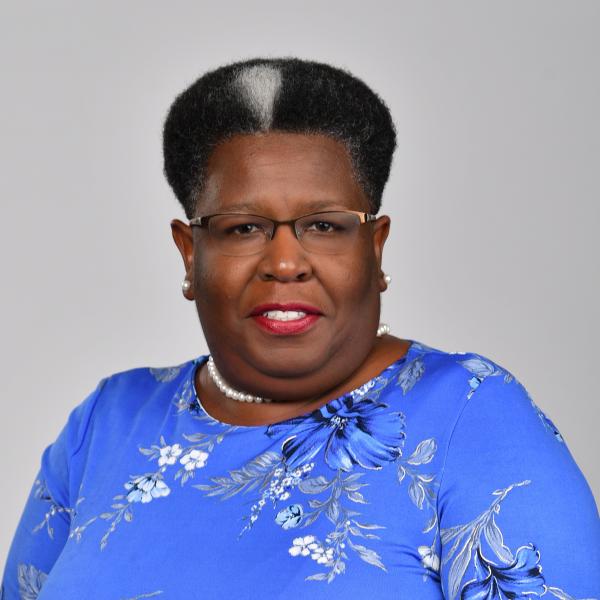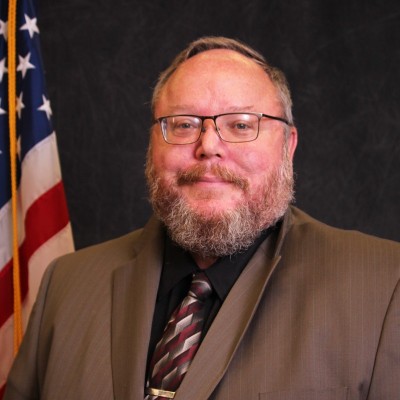Paradise Ballroom C
Speaker(s):
Larkin, Nicole, MS, CDAC, SMFT
Likcani, Adriatik, PhD, LMFT
Woolery, Amber, BSW, CRADC
Description
This presentation on ethics is beyond the ‘typical’ topics of dual relationships and abuse of power with clients. It is about us as professionals and our personal worldview and professional acculturation. Why do ethical codes exist? What to do when my values and morals conflict with ethical codes? How to deal with ethical dilemmas? Can I talk about faith and spirituality with my clients? How do I apply evidence-based treatment with diverse populations? This session will help you find the answers to any of those questions and address other questions you may have. This is a session about ethics, values, morals, personal worldview and professional acculturation in the practice of treatment and recovery support for mental health and substance use disorders. Participants will learn about the ecology of substance use treatment and recovery support and issues that arise with scientific discovery such as evidence-based practices and effective interventions, medication assisted treatment/recovery, integration of faith-based approaches, etc. Such contemporary issues tend to challenge the stability of any professional and require of them to affirm or resist change. They will learn models of working through dissonance and finding a new stability. They will identify external and internal influences that impact their emerging worldview, personal and professional acculturation. Discussion with participants will be based on morals, values, sources of power and influence in the acculturation process, and the ethics of providing value-sensitive care and due care to individuals and families.
Objectives
1. Discuss how participants can use existing Codes of Ethics, including AAMFT, NBCC and NASW, to inform and reflect upon their personal worldview and professional acculturation
2. Identify personal lenses that cause dissonance among professionals in their practice
3. Recognize professional acculturation process through the ecology of substance use treatment and recovery support approaches
4. Identify issues that threaten status quo of the helper, prompt resistance or create dissonance, and require them to find a new professional stability


